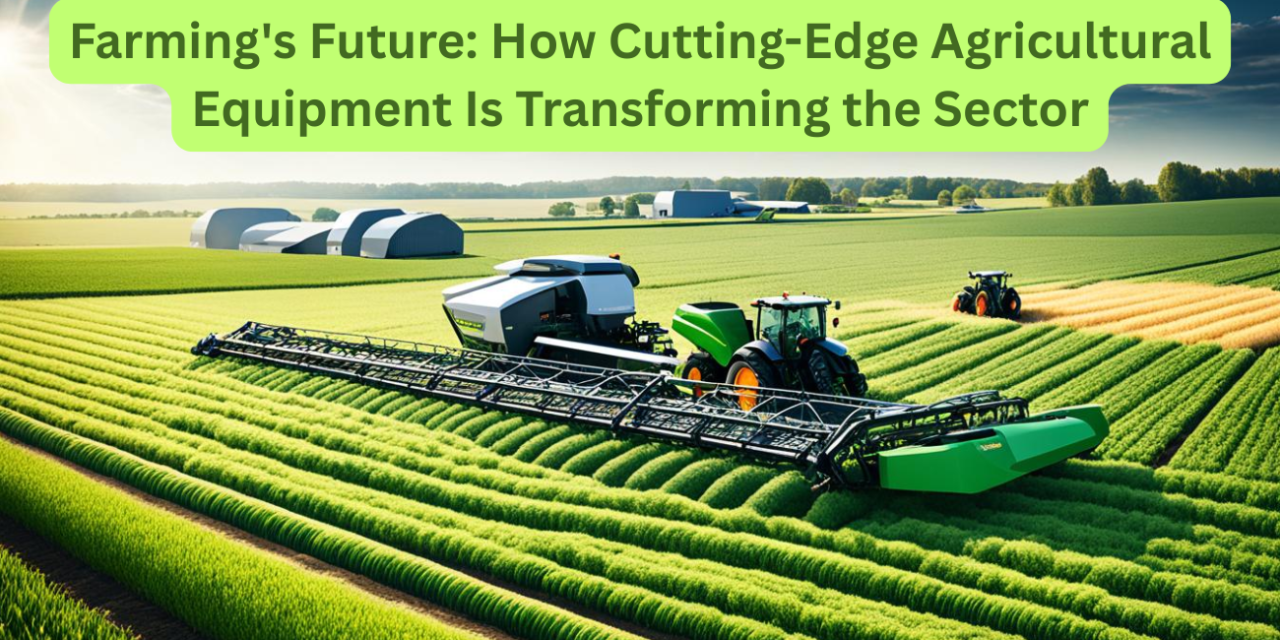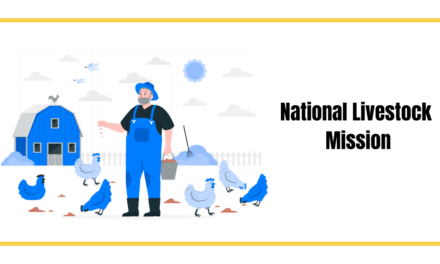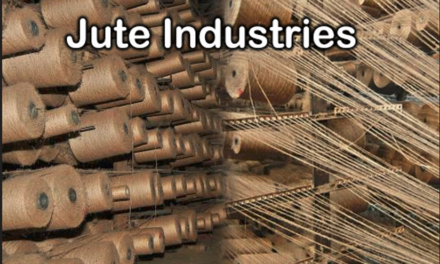The future of farming is being shaped by cutting-edge agricultural equipment that is revolutionizing the sector, making it more efficient, sustainable, and capable of meeting the growing demand for food worldwide. As technology continues to advance, farmers are increasingly relying on innovative machinery and precision tools to optimize their operations and reduce environmental impacts.
One of the most transformative innovations in modern farming is the use of autonomous machinery. Self-driving tractors, robotic harvesters, and autonomous drones are taking over many tasks traditionally performed by manual labor. These machines are equipped with sensors, artificial intelligence (AI), and GPS technology that allow them to perform precise tasks, such as planting, weeding, and harvesting, with minimal human intervention. Autonomous machinery not only reduces labor costs but also increases productivity by working continuously, even in harsh weather conditions or at night. This is particularly important as the industry grapples with labor shortages and the increasing need to produce more food with fewer resources.
Precision agriculture is another game-changer that is transforming the way farming is done. By utilizing drones, satellite imagery, and soil sensors, farmers can gather real-time data about their fields, enabling them to make more informed decisions. This data-driven approach allows for more precise application of water, fertilizers, and pesticides, which reduces waste, enhances crop yields, and minimizes the environmental impact of farming. With IoT (Internet of Things) devices connected to the cloud, farmers can monitor their fields from anywhere, ensuring they can respond quickly to changing conditions.
In addition, advanced irrigation systems are helping farmers conserve water, one of the most precious resources in agriculture. Smart irrigation systems use sensors and AI to monitor soil moisture levels, weather patterns, and crop needs, automatically adjusting water usage to ensure optimal irrigation. This not only improves crop yields but also reduces water waste, which is especially important in areas facing water scarcity.
Genetically modified (GM) crops and biotechnology are also playing a significant role in the future of farming. With the ability to create crops that are more resistant to pests, diseases, and extreme weather conditions, these innovations are helping farmers increase yields while reducing the need for harmful chemicals. Vertical farming, which uses hydroponic or aeroponic systems to grow crops in controlled, indoor environments, is another cutting-edge development. This method maximizes space and reduces the environmental impact of traditional farming, particularly in urban areas.
The rise of blockchain technology in agriculture is also transforming the sector, particularly in terms of supply chain transparency. Blockchain enables farmers, suppliers, and consumers to trace the journey of agricultural products from farm to table. This enhances food safety, reduces fraud, and ensures sustainability by providing consumers with information about the origins and ethical practices behind their food.
Overall, cutting-edge agricultural equipment is helping farmers tackle many of the sector’s most pressing challenges, from labor shortages to environmental sustainability. As technology continues to evolve, the future of farming looks increasingly high-tech, with smarter, more efficient methods that not only boost production but also contribute to a more sustainable food system.









